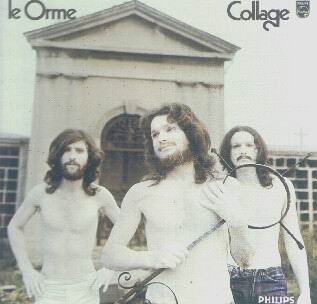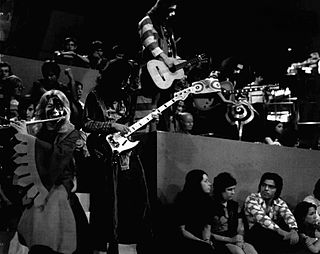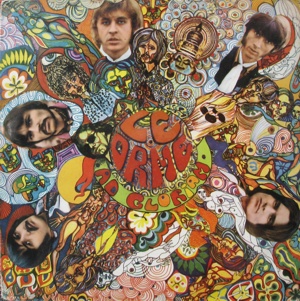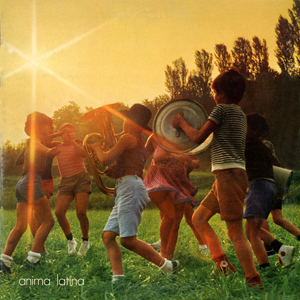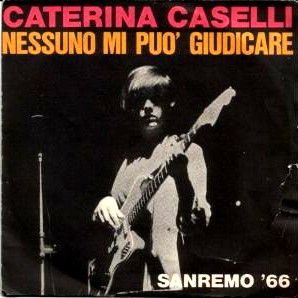| Uomo di pezza | ||||
|---|---|---|---|---|
 | ||||
| Studio album by | ||||
| Released | 1972 | |||
| Recorded | 1972 | |||
| Genre | Progressive rock | |||
| Length | 31:47 | |||
| Language | Italian | |||
| Label | Philips | |||
| Producer | Gian Piero Reverberi | |||
| Le Orme chronology | ||||
| ||||
Uomo di pezza is an album by the Italian progressive rock band Le Orme. [1] It was released in 1972 and was one of their best selling works, which won an Italian award disco d'oro. [2]
Progressive rock is a broad genre of rock music that developed in the United Kingdom and United States throughout the mid to late 1960s. Initially termed "progressive pop", the style was an outgrowth of psychedelic bands who abandoned standard pop traditions in favour of instrumentation and compositional techniques more frequently associated with jazz, folk, or classical music. Additional elements contributed to its "progressive" label: lyrics were more poetic, technology was harnessed for new sounds, music approached the condition of "art", and the studio, rather than the stage, became the focus of musical activity, which often involved creating music for listening, not dancing.

Le Orme is an Italian progressive rock band formed in 1966 in Marghera, a frazione of Venice. The band was one of the major groups of the Italian progressive rock scene in the 1970s. They are one of few Italian rock bands to have success outside their own country, having played concerts across North America and Europe, and releasing an album in English at the height of their success.
Contents
Compared to the previous album, it shows many more classical elements: the opening of the album, for example, is a chaconne of Johann Sebastian Bach, played on piano by Gian Piero Reverberi. Furthermore, Tony Pagliuca plays a synthesizer for the first time. [3]

A chaconne is a type of musical composition popular in the baroque era when it was much used as a vehicle for variation on a repeated short harmonic progression, often involving a fairly short repetitive bass-line which offered a compositional outline for variation, decoration, figuration and melodic invention. In this it closely resembles the passacaglia.

Johann Sebastian Bach was a German composer and musician of the Baroque period. He is known for instrumental compositions such as the Art of Fugue, the Brandenburg Concertos, and the Goldberg Variations as well as for vocal music such as the St Matthew Passion and the Mass in B minor. Since the 19th-century Bach Revival he has been generally regarded as one of the greatest composers of all time.
Gian Piero Reverberi is an Italian pianist, composer, arranger, conductor, and entrepreneur.
The title Uomo di pezza means "rag doll man". The doll character comes from the lyrics of the song "Gioco di bimba". The lyrics of Uomo di pezza describe a helpless masculine attitude, juxtaposed to an unknown, inscrutable feminine universe.[ citation needed ]

A rag doll is a children's toy. It is a cloth figure, a doll traditionally home-made from spare scraps of material. They are one of the oldest children's toys in existence. Today, many rag dolls are commercially produced to simulate the features of the original home-made dolls, such as simple features, soft cloth bodies, and patchwork clothing.



